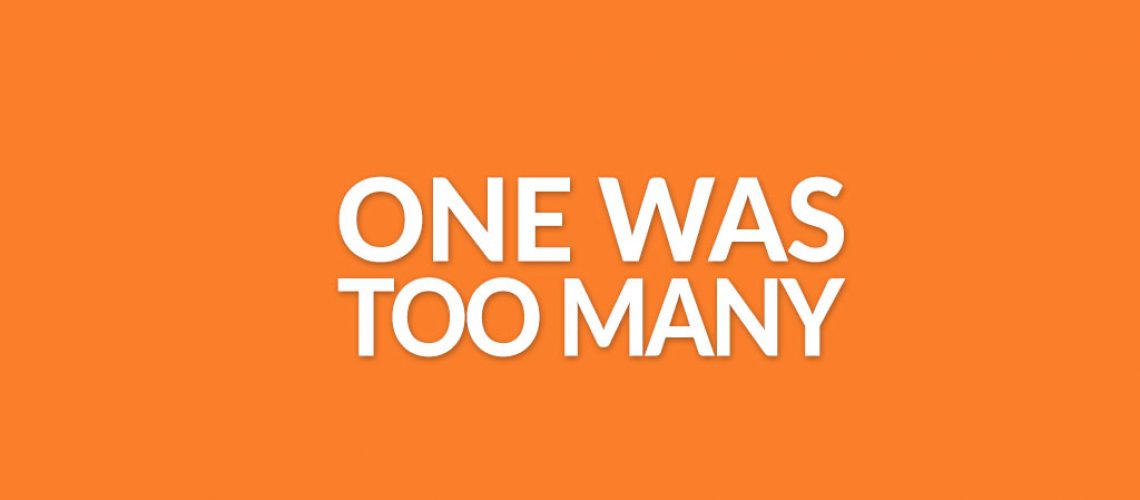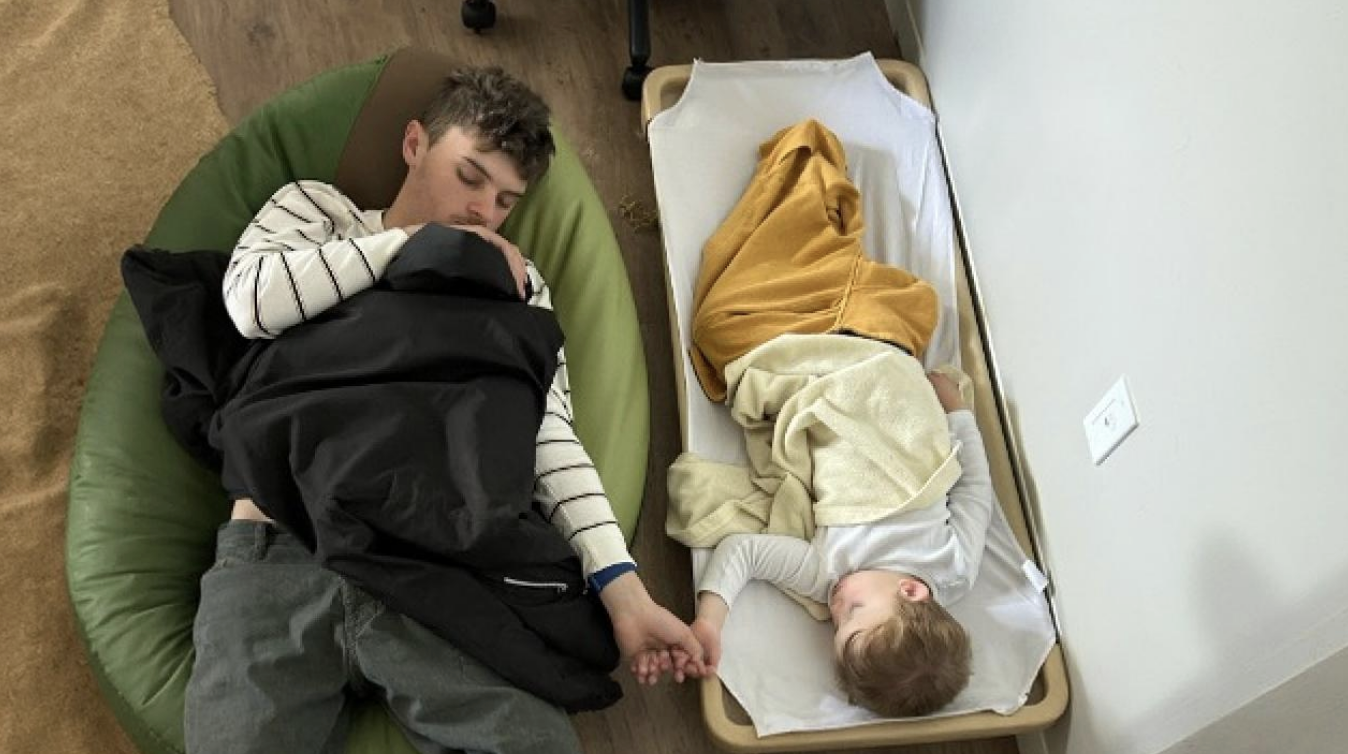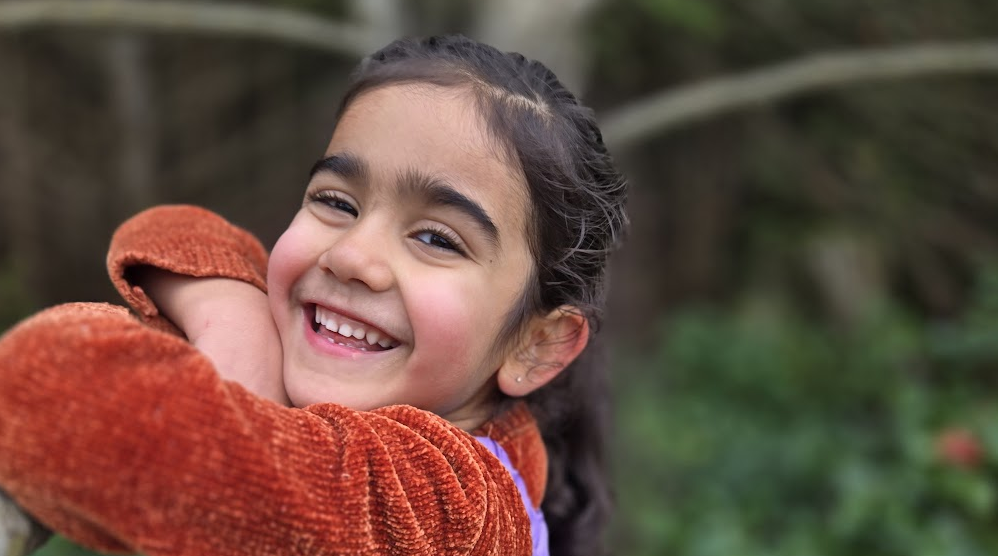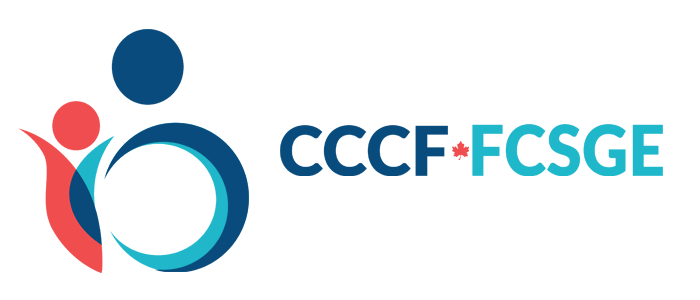One Was Too Many
June 7, 2021
We are deeply shocked by the news of the mass grave found on the site of the Kamloops Indian Residential School. The Canadian Child Care Federation (CCCF) grieves alongside our partners, friends, colleagues, communities, programs and the First Nations, Inuit and Métis peoples of this country. The history and damaging legacy of residential schools continue to reveal human and cultural tragedies that are beyond comprehension. We join in calling on Canada’s federal government to ensure that all 94 Calls-to-Action in the Truth and Reconciliation Commission are fully realized.
It is imperative that we, Canada’s Early Learning and Child Care (ELCC) sector, our Early Childhood Educators (ECEs) and providers, from policy to front line, recognize both the current and historical injustices that have occurred throughout Canadian history. Canada’s ELCC sector has no place for hate—or any form of racism, discrimination, intolerance, and bigotry.
In fall 2018, the Government of Canada signed the historic nation-to-nation Indigenous Early Learning and Child Care Agreement (IELCC) with First Nations, Inuit and the Métis. This framework, “alongside a distinctions-based approach that respects the specific priorities of First Nations, Inuit and the Métis Nation……describes an overarching vision for a comprehensive and coordinated early learning and child care system led by Indigenous peoples, establishes shared principles, and includes specific gender and geographic considerations that represent the views of all Indigenous children and families.” The IELCC is transformative, setting out a vision for ELCC that is fully lead by Indigenous peoples, is distinctions based, is central to self-determination and is core to reconciliation. It needs to be read by everyone. This document is a “must read” for all Canadians.
“It is imperative that Canada’s Early Learning and Child Care sector … recognize both the current and historical injustices that have occurred throughout Canadian history“
If we are to support real change we need to educate ourselves about the Truth and Reconciliation Commission’s calls to action, including the United Nations Declaration on the Rights of Indigenous People as a “framework” for reconciliation. It is part of our growth.
The early years are the most formative years in human development; it is during this time that a young child’s development and understanding of social norms, tolerance and inclusion are formed. We, as professionals, have a critical role to play in positively supporting children’s development so that we celebrate, recognize and normalize differences and diversity. In fact, the United Nations Convention on the Rights of the Child (CRC), promotes racial equality as a right of all children.
We, as professionals are also responsible for maintaining our professional commitment to actively advocating for political, systemic and societal changes.
The United Nations Convention on the Rights of the Child (CRC), provides guidelines for ELCC practice, professionalism and advocacy. The CCCF Code of Ethics and its National Statement on Quality ELCC also call for ECEs to work in ways that enhance human dignity in trusting, caring and co-operative relationships that respect the worth and uniqueness of the individual.

The CCCF acknowledges that the perspectives of First Nations, Inuit and Métis and the colonial discrimination they continue to endure must end and can best inform strong change. We take their lead in informing practice in ELCC and rely on their participation, knowledge sharing, lived experiences and critical assessments to help us shape best practices for a new reality.
215 children mattered. The harms of the past need to be fully addressed today. We as a sector can be a part of supporting and creating change as our Indigenous family heals . We commit ourselves to working in a spirit of truth and reconciliation to make a better future for all.
Culturally appropriate programs that take into account the cultures, languages, traditions, values and customs of First Nations, Inuit and Métis communities is crucial in creating a foundation for a child’s cultural identity and sense of worth. Learn more about Indigenous child care on the CCCF website.
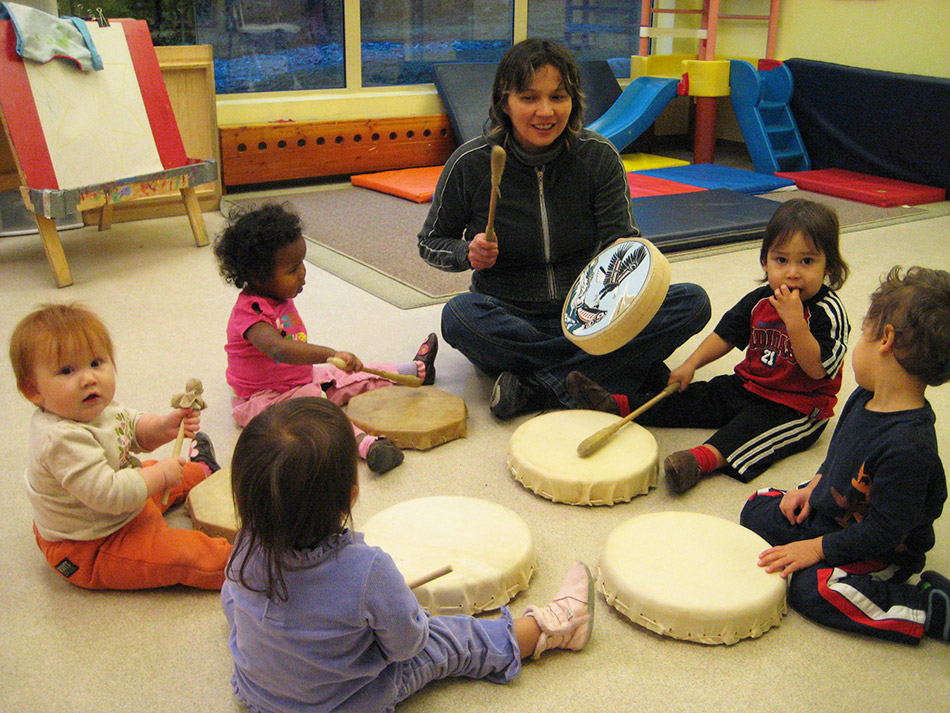
With deep gratitude and appreciation to Dr. Margo Greenwood, Academic Leader, National Collaborating Centre for Indigenous Health Professor, School of Education/Professor, First Nations Studies Program and Karen Isaac, Executive Director at the BC Aboriginal Child Care Society for sharing their time, wisdom and knowledge.
Statement on Kamloops 215
Canadian Child Care Federation/Fédération canadienne des services de garde à l’enfance


